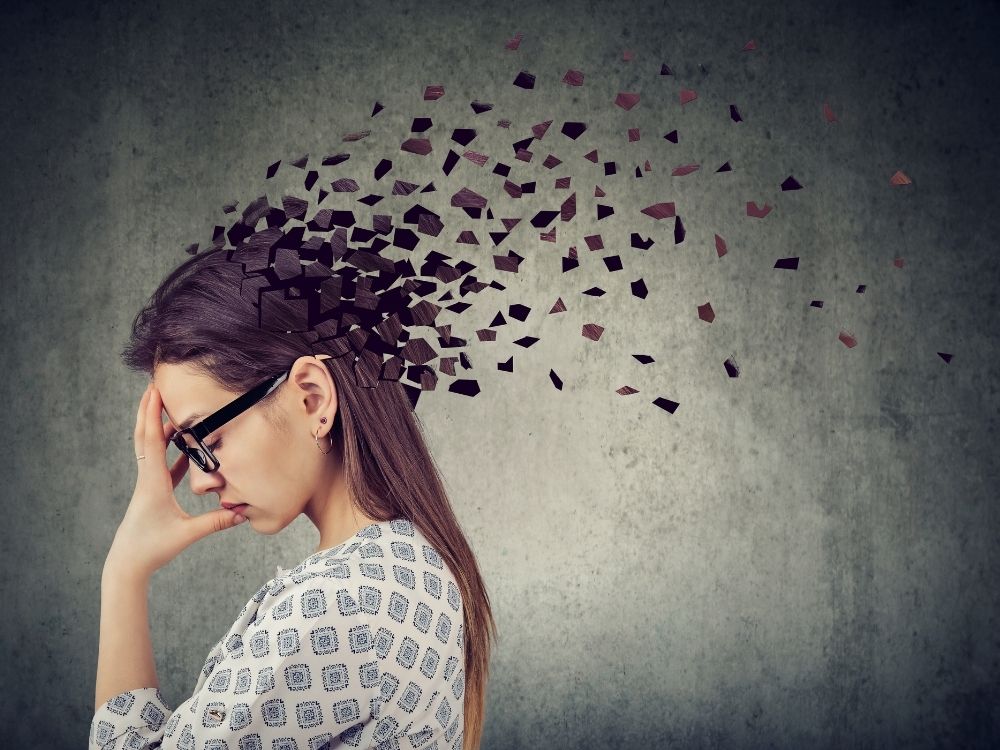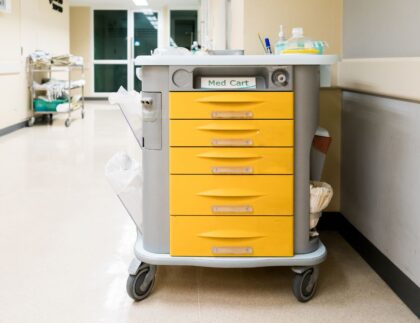
On the other hand, people with anxiety can feel irritable, on-edge, and exhausted because of their symptoms. Both can wear down an individual, leading to worse symptoms and injurious actions. Let’s look at the long-term effects of both and how depression and anxiety affect the brain.
A Shock to the Nervous System
Our bodies can handle the occasional period of high stress by releasing chemicals, hormones, and other signals that let us deal with a crisis.
Unfortunately, an anxiety disorder pushes your brain and system to the limit. When the brain and nervous system are constantly on alert, it can push them to the breaking point. Headaches, dizziness, tension, and tiredness can develop, compounding the anxiety that one already feels.
Danger! Danger! Whoops, False Alarm
The next example of how depression and anxiety affect the brain goes deeper, affecting the amygdala. The amygdala handles your more powerful emotions, especially fear. When you feel anxious, your amygdala can send out warnings in response to perceived threats. The problem is that, over time, anxiety disorders can make the amygdala cry wolf, causing you to react improperly to non-threatening situations.
Shrinking Is a Big Issue
Depression can cause a physical change in the brain, namely the shrinking of the hippocampus. The hippocampus helps with controlling memories, learning, and emotion. Research has revealed that extended periods of depression can shrink the hippocampus. This can damage your memory, potentially leading to Alzheimer’s or similar conditions later in life. However, the hippocampus isn’t the only part of the brain affected by depression. Other parts can experience similar shrinkage, affecting whatever functions those parts control.
A Need To Breathe
There may be a connection between depression and a lack of oxygen in the brain and body. Some depression patients have displayed conditions where the brain has difficulty getting the oxygen it needs. This can cause inflammation and injury to the brain, and even cell death, affecting reasoning, memory, emotions, and the like.
Currently, you can treat depression and anxiety through psychotherapy, medication, physical therapy, and more. There are also breakthroughs with transcranial magnetic stimulation therapy for anxiety (TMS). If you’re experiencing depression or anxiety, see your doctor to discuss a diagnosis and treatments that may help you.









